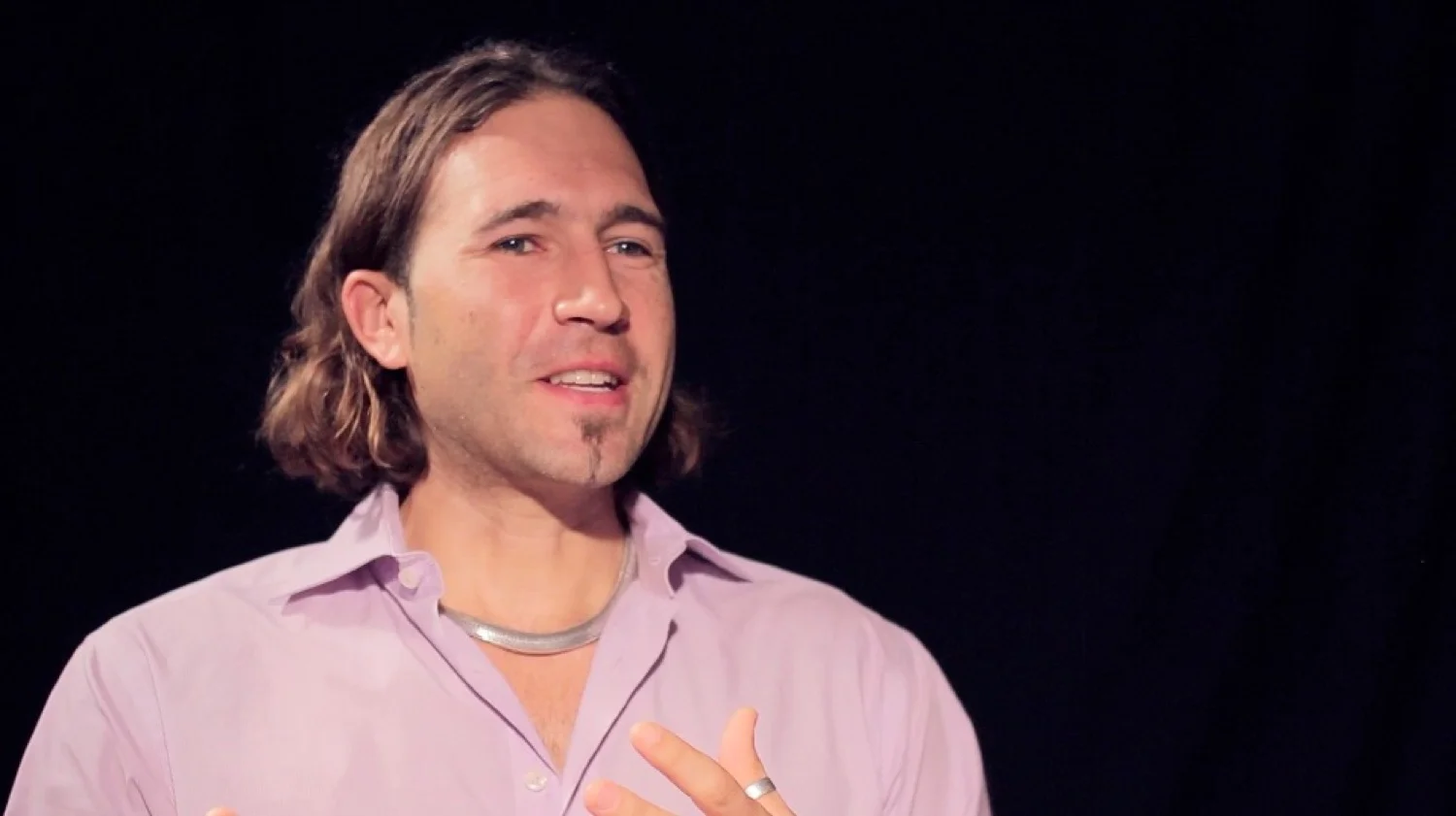In Chapter 12 of 19 in her 2012 Capture Your Flag interview, female entrepreneur Hattie Grace Elliot answers "What Does It Mean to Perform Under Pressure in the Work That You Do?" Elliot embraces working in complicated environments with many moving parts. Experience and reflection teach her to stay calm and be mindful of what is most important when unexpected things happen in her event planning and destination travel business.
Hattie Grace Elliot is the founder and CEO of The Grace List, a social networking company that creates destination events and experiences to forge lasting personal and professional connections across its young professional members. Elliot graduated from the University of Cape Town in South Africa, where she studied economics, philosophy, and politics.
Transcript:
Erik Michielsen: What does it mean to perform under pressure in the work that you do?
Hattie Elliot: Wow, I think that that’s one of the reasons that I can do what I do. When you’re dealing with so many people and so many personalities and so many vendors, and then on top of that, just kind of any sort of production, planning these trips, these events, these destinations, you know, it’s a perfect storm, there’s always gonna be, you know, anything and everything you can imagine could go wrong, will at some point. It will. It just—It’s just the nature of the beast, it’s the nature of the business.
So being able to not freak out, not like completely lose my marbles, but keep calm, has really—Number one, I think I would absolutely hate, hate, hate, hate what I do if I got freaked out easily. It takes a lot to ruffle my feathers, that’s like one positive attribute I have, like, it really takes a lot to ruffle my feathers. So—but I really genuinely I don’t think could work in the business I did if I couldn’t operate under extreme pressure and extreme kind of crazy circumstances as if nothing’s happening and the sun is shining and the grass is green, and there’s birds tweeting, and rainbows everywhere, like, sometimes you just gotta just keep your eye on the prize and compartmentalize when everything is—when shit is hitting the fan, just like, you know, great, awesome, like, we’ll put that shit in the corner there and pretend there’s like rainbows and butterflies and just, you know, and just, you know, move forward, and it’s part insanity and part brilliance I think that it takes to do that but it’s what I do.
And I think it’s the reason I’ve been able to be successful at the business that I’m in. And I think for people that I know, I used to—I have to say this is learned. I have not always been like this. I’ve really, through the years, made a vested effort, and it’s part of this whole idea of really acknowledging and reflecting where you are. I think it gives you a really, a healthy and honest perspective on what really matters. So if the electric goes out, if, you know, the—we’re on a trip and, you know, literally, like, shit hits the fan and a holding tank explodes onto the boat which is a foul situation, don’t get me wrong. It kind of makes you realize, honestly, if no one’s dying, and no one’s sick, that everything else is kind of like, you can figure it out, you can MacGyver it, you know, it gives you that kind of perspective when you’ve really gone through adversity, you really realize what matters and, yeah, and maybe that’s why it takes a lot to ruffle my feathers. But I feel like I’ve got a pretty, you know, healthy perspective on what’s worth really, you know, having a breakdown about, and there’s not much.























